COP29: Africans Demand Fair and Urgent Action in Tackling Climate Crisis
Participants from Africa at the ongoing Conference of Parties (COP29) conference on climate change at Baku, Azerbaijan have called on world leaders to “deliver the climate action that Africa is urgently in need.
In a press statement issued at the venue of the gathering, participants under the auspices of the Pan African Climate Justice Alliance (PACJA), said “At this juncture, where the effects of climate change are intensifying, and global responses remain weak, we are here to demand action that reflects the true scale of this crisis, and aspirations of the people from the continent facing existential threat of the problem they did not create.”
Describing the inaction of wealthy nations as “unacceptable, as the consequences will be catastrophic, especially for Africa cautioning that if not addressed, climate impacts could reduce Africa’s GDP by up to 4 per cent by 2040 and by as much as 25 per cent by 2100, pushing millions further into poverty and instability.
PACJA stated that the call for ambitious climate finance, equitable adaptation support and a commitment to a just transition by Africans must be heeded to avert these grim outcomes.
They also demanded “an ambitious New Collective Quantified Goal (NCQG) on climate finance, with a commitment of at least USD 1.3 trillion annually, as grants that could be reviewed regularly to reflect evolving needs and vulnerabilities.

According to the statement, the PACJA stated that these funds must be accessible and responsive to African countries’ specific needs and realities, supporting adaptation, mitigation, and resilience without driving debt or dependency.
While denouncing what it termed “crippling loans to African countries as climate finance contribution by developed country parties,” the group also demanded an urgent increase in funding to the loss and damage fund beyond the USD 700 million pledged and speedy disbursements from the fund.
The statement read in part: “This fund must prioritise African communities bearing the brunt of climate disasters and establish Nairobi as the headquarters for the Santiago Network on Loss and Damage, enhancing Africa’s access to support.
On its demand for a just transition, the PACJA said that Africa’s transition to a sustainable economy must be graceful, fair and people-centred, sector-wide addressing energy poverty, green industrialization, and sustainable use of natural resources.
“Developed countries must remove trade barriers and ensure that border adjustment measures that were formulated without Africa’s participation do not unfairly penalise African economies.”
According to PACJA, whereas funding Africa’s adaptation is estimated annually to cost USD 387 billion, it should be delivered on needs-based adaptation finance that responds to actual needs on the ground and vulnerabilities of people, societies, and economies.
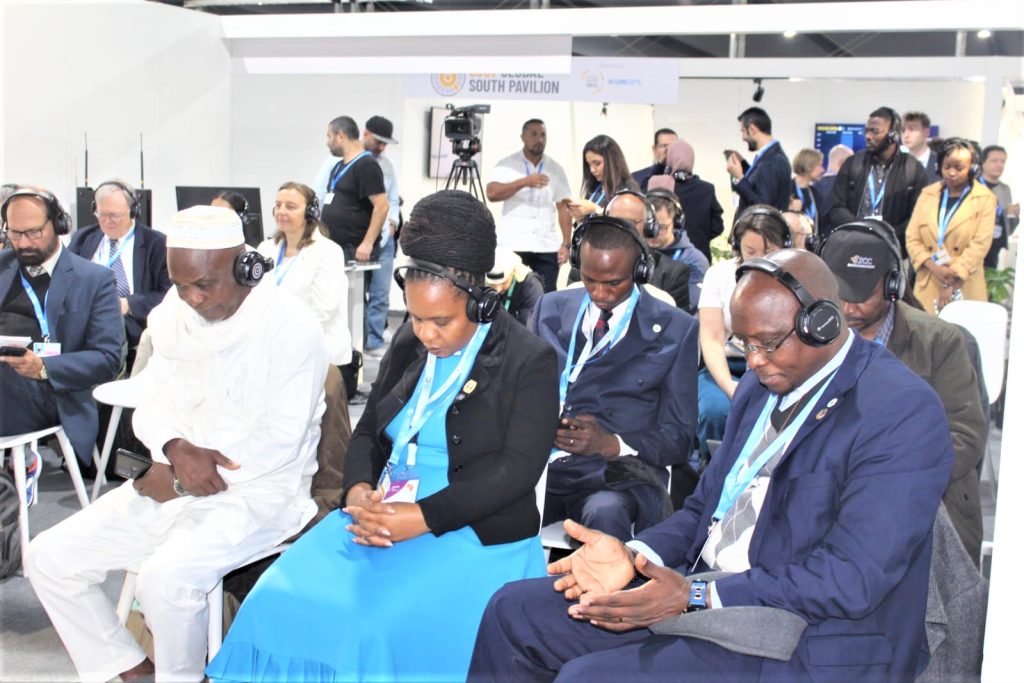
It maintained that adaptation financing for Africa must prioritise essential sectors, primarily agriculture, water, health and energy, and be accessible through straightforward mechanisms that support the communities most in need.
On the demand for transparency and accountability, the group said “We demand clear, honest reporting on climate finance contributions and progress on emissions reductions by Developed Countries Parties.
“Developed countries must uphold their commitments transparently, while African civil society plays a central role in monitoring these processes to ensure resources reach the frontline communities.”
On mitigation, the PACJA said meeting the 1.5°C goal requires decisive emissions cuts, hence developed countries must set ambitious targets for phasing out fossil fuels and reflect these targets in their NDCs stating that Africa has contributed the least to this crisis and cannot be left to bear the cost of others’ emissions.
To this end, PACJA said priority actions in carbon markets must be recalibrated to further mitigation outcomes and not climate finance contribution to African countries.
Recognizing Africa’s Special Needs and Circumstances, the group also called on COP 29 to launch work on the consideration of the special needs and special circumstances of Africa under the Paris Agreement in line with the relevant and previous decisions adopted by the COPs.
“Africa at COP29 cannot afford to stand as an observer but as a continent with a clear, bold vision for a future built on justice and resilience. These demands are not only reasonable but essential for preventing the worst impacts of climate change. Anything less is a failure of our shared responsibility to each other and the planet.”
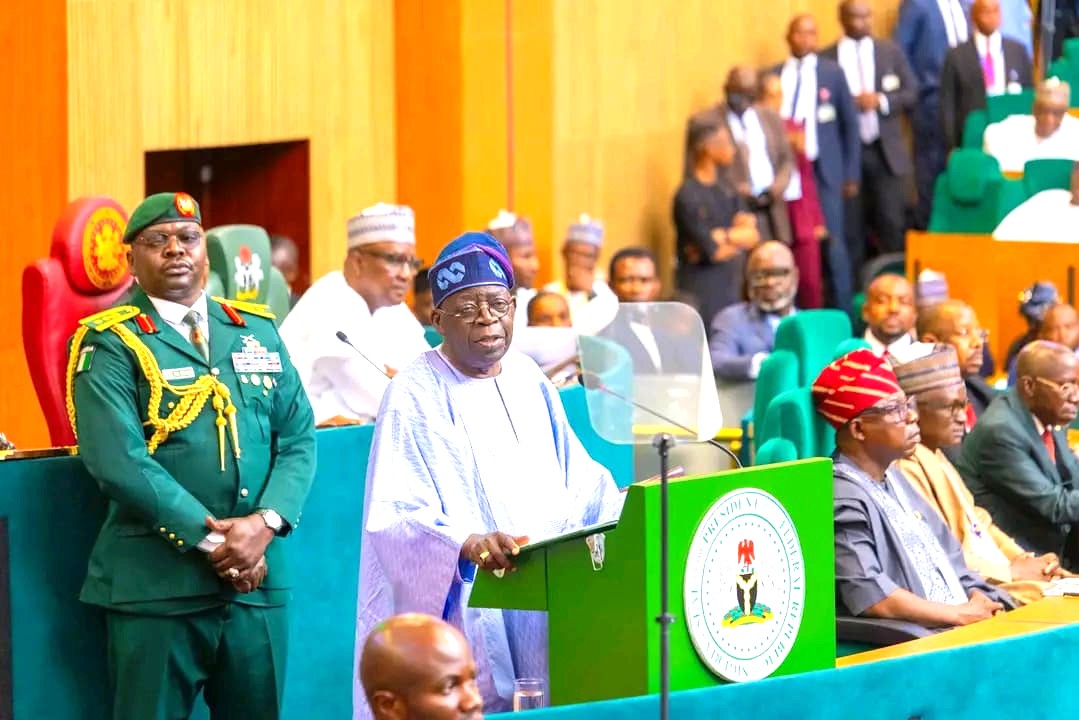
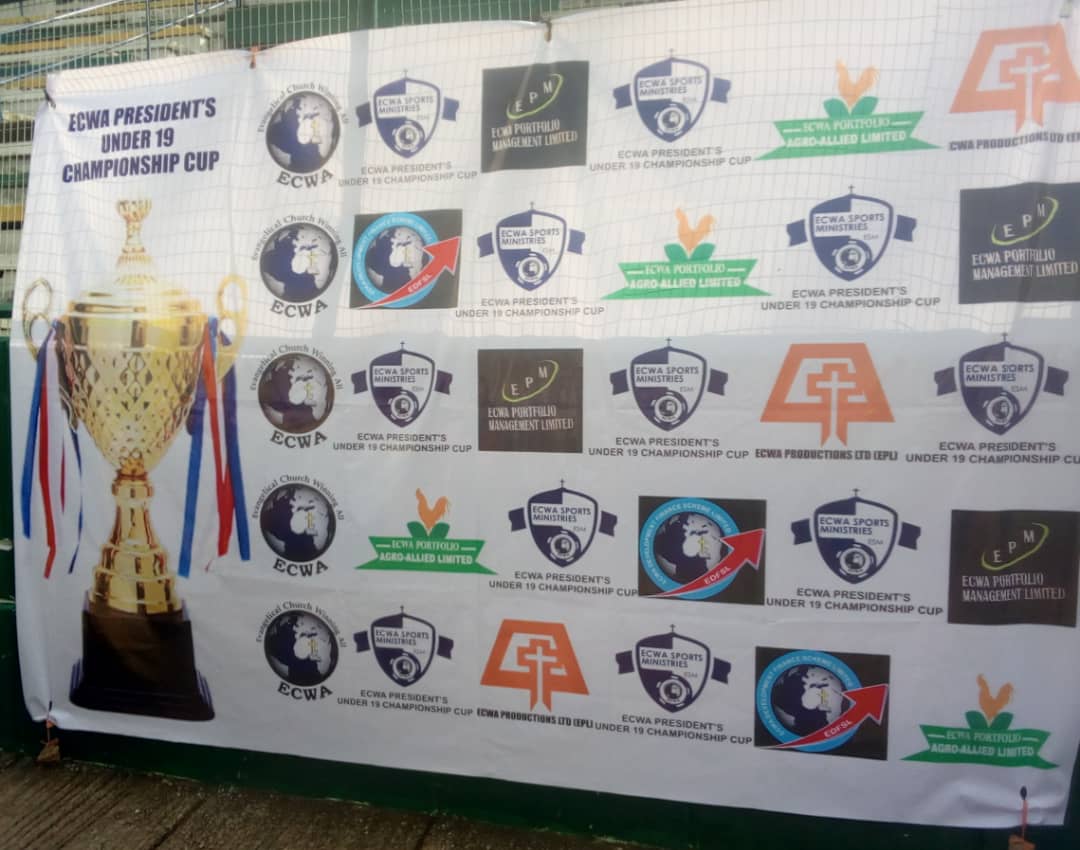
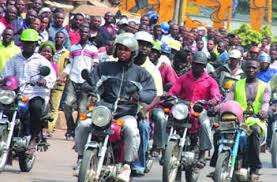
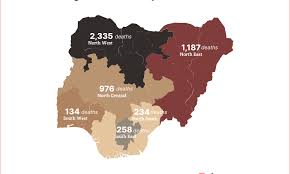

Post Comment